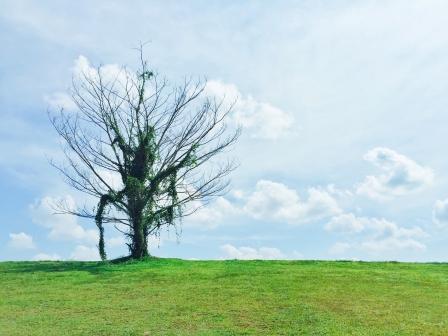Promoting Sustainability Education Through Hands-On Approaches: A Tree Carbon Sequestration Exercise in a Singapore Green Space
July 1, 2022
Singapore’s National Environment Agency (NEA) was founded on 1 July 2002. A statutory board under the Ministry of Sustainability and the Environment, NEA is responsible for maintaining Singapore’s cleanliness and public health and combating pollution.
One of the main goals of sustainability education is to provide students with the training that could help them tackle complex and dynamic sustainability challenges of the future. Traditional educational pedagogies are not well-suited to meet sustainability education’s goals because in this environment students are passive recipients of information. The learning environment should instead engage students as active learners and challenge them to participate and propose solutions to sustainability challenges.
In ‘Promoting Sustainability Education Through Hands-On Approaches: A Tree Carbon Sequestration Exercise in a Singapore Green Space’ (Sustainability Science, 2021), Dr Sorain Ramchunder (NUS Geography) and Professor Alan Ziegler (Mae Jo University Fisheries and Aquatic Resources) share their experience of leveraging out-of-classroom experiential learning as a pedagogical tool for sustainability education, and outline reasons why out-of-classroom approaches to education should be promoted.
The authors assigned students the task of estimating the total tree carbon biomass in a one-hectare space containing several established rainforest trees and newly planted trees of several species. This assignment required students to practice their data collection, analysis, and problem-solving skills along with ‘soft’ skills such as collaboration, teamwork, and communication. In addition to estimating the total tree carbon biomass, students were also required to communicate to the public why deforestation is an urgent issue that needs to be addressed as quickly as possible.
Through the teaching process, the authors found that the out-of-classroom learning experience gave students the opportunity to grapple with challenges that environmentalists and conservationists regularly face in their work. This provided students insight into critiquing the feasibility of tree planting exercises and allowed them to appreciate the nuances that are typically required in communicating scientific findings to the public.
The article highlights the challenges that sustainability educators face in trying to impart skills and attitudes to nurture future agents of change who are well-equipped to tackle the immense problem of climate change. Dr Ramchunder and Prof Ziegler highlight the importance of providing undergraduates with out-of-classroom experiential learning and how sustainability education can go together with a university’s greening initiatives.
Read the open-access article here: https://doi.org/10.1007/s11625-020-00897-5

